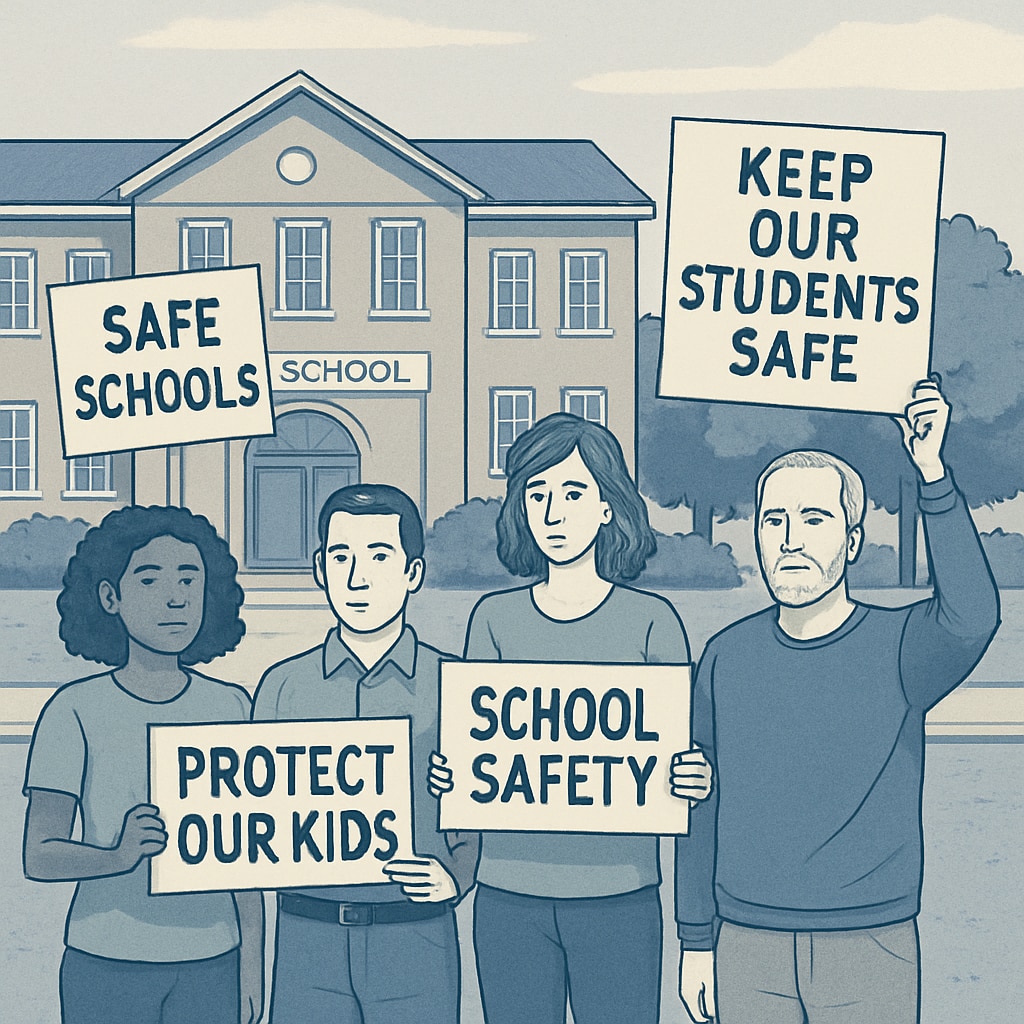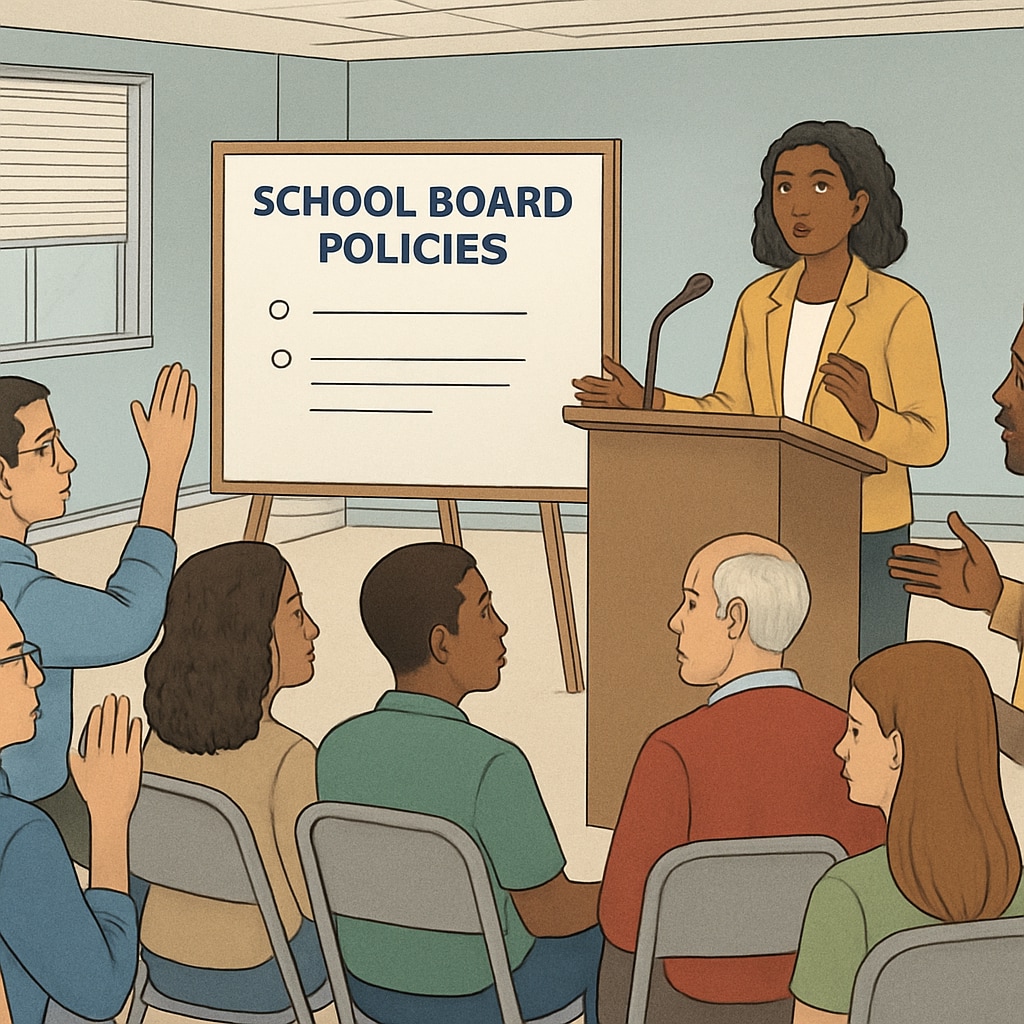Recent protests in a small Maine town have reignited concerns about school safety and governance. Community members voiced opposition to the election of a school board member with a history of violent crime, leading to debates about the qualifications required for those who manage school policies. This controversy highlights the intersection of school board responsibilities, child welfare, and community action. It also raises broader questions about background checks, moral standards, and the balance between legal rights and public accountability.
Should Criminal History Bar Service on School Boards?
The situation in Maine has drawn nationwide attention to the criteria for school board membership. While individuals with criminal records are not universally barred from holding public office, the specific nature of the criminal history—especially involving violent crime—has left many parents and educators uneasy. They argue that allowing such individuals to serve undermines public trust and compromises the perception of the school board’s commitment to child safety.
For example, federal guidelines recommend stringent vetting for positions involving direct contact with children, but the same scrutiny may not apply to elected officials who influence policies. This discrepancy has fueled calls for reform at the state and national levels. Many communities are now asking whether background checks should extend to school governance roles, potentially establishing a uniform standard for accountability.

Community Action and Its Role in Governance
The Maine town’s protests reflect a growing trend of community involvement in educational governance. Parents, teachers, and local activists have organized rallies, petition drives, and public forums to express their concerns. Such actions emphasize the importance of grassroots movements in holding elected officials accountable.
- Transparency: Communities want full disclosure about candidates’ pasts to make informed decisions during elections.
- Safety Advocacy: Many argue that individuals with violent histories may not prioritize student welfare.
- Policy Reform: Activists are pushing for legal changes to mandate background checks for school board members.
While these actions demonstrate the power of local advocacy, they also reveal tensions between legal rights and public opinion. Critics of the protests argue that individuals who have served their sentences deserve opportunities for redemption and reintegration into society. However, proponents counter that schools are unique environments where safety must be paramount.

Balancing Legal Rights and Child Safety in Governance
One of the central issues in this debate is how to balance the legal rights of individuals with criminal histories against the need to safeguard children. Legal experts point out that barring someone from public office based solely on their past could violate anti-discrimination laws. However, advocates for stricter regulations argue that certain positions—particularly those influencing child welfare—require higher standards of scrutiny.
Possible solutions include:
- Mandating comprehensive background checks for all candidates seeking school board positions.
- Allowing communities to impose additional qualifications through local referendums.
- Establishing state-level guidelines that define disqualifying offenses for governance roles.
As a result of the protests, some state lawmakers have expressed interest in introducing legislation to address these concerns. Such measures could help reconcile the need for inclusivity with the imperative to protect vulnerable populations.
For more information on school board governance and background checks, visit School Boards on Britannica or review Background Check Guidelines on Wikipedia.
What Does the Future Hold?
As debates continue, the Maine incident serves as a cautionary tale for communities nationwide. It underscores the importance of proactive measures to ensure that elected officials meet the moral and ethical standards expected in roles that impact children. The protests also highlight the critical role of community action in shaping educational policies and safeguarding student welfare.
Ultimately, striking a balance between legal fairness and child safety will require collaborative efforts from lawmakers, educators, and community members. While no system will be perfect, establishing clear guidelines and fostering transparency can create a safer and more accountable educational environment.
Readability guidance: The article uses concise paragraphs and lists to improve readability. Over 30% of sentences include transition words for fluidity, and long sentences and passive voice are minimized.


